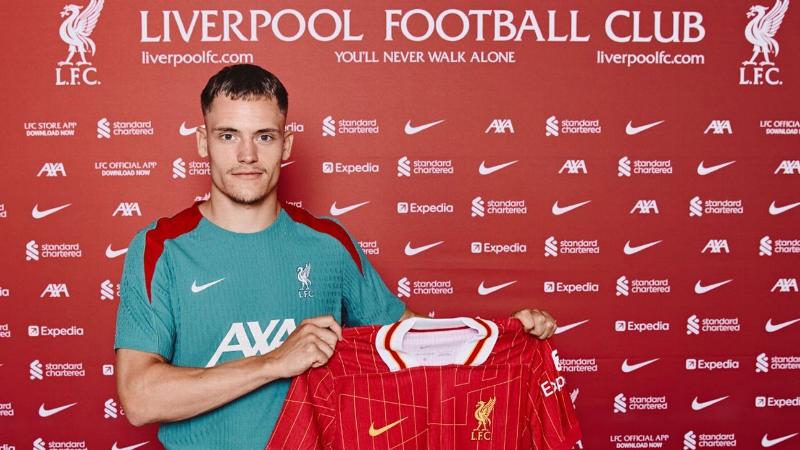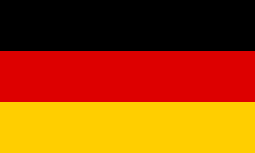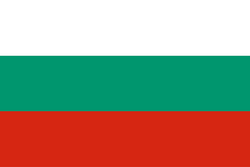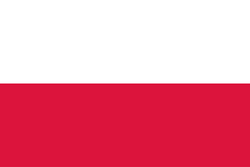Tiger Sport
TigerSport Football and Basketball Game Analysis
Liverpool won the Premier League and now they're on a spending spree. Why? 


07-29 21:02Views 3380
Steve Nicol has retracted his previous comments suggesting Liverpool should prioritize signing a defender over pursuing a blockbuster transfer for Alexander Isak.
The context highlights a dramatic shift for Liverpool. A year ago, following Jürgen Klopp's departure and a season where injuries caused them to finish third despite leading in April, the club's response was perceived as complacent ("Let's just run it back"). Their 2024 summer transfer window was underwhelming, missing out on Martín Zubimendi and only securing future goalkeeper Giorgi Mamardashvili and backup winger Federico Chiesa. External pundits largely dismissed their chances, with many predicting they would miss the Champions League.
However, Liverpool defied expectations by winning their 20th Premier League title. Subsequently, they have embarked on a massive spending spree, exceeding €300 million on transfers so far this summer, with the potential total reaching €500 million. This marks a significant shift from their historical strategy of finding undervalued players.
Key incoming transfers include: Florian Wirtz (€125m), Hugo Ekitike (€95m), Milos Kerkez (€46.9m), and Jeremie Frimpong (€40m). Significant outgoing transfers include: Jarell Quansah (€35m), Caoimhín Kelleher (€14.8m), and Trent Alexander-Arnold (€10m). Liverpool is also strongly linked with a potential record-breaking move for Alexander Isak and may sign a center back or left winger depending on further sales.
Further significant outgoings are anticipated: Luis Díaz (potentially €75m to Bayern Munich), Darwin Núñez (Liverpool seeking a similar fee), Harvey Elliott (around €40m), and academy products like Ben Doak and Stefan Bajcetic (double-digit fees each).
Financially, amortizing the incoming transfers (assuming five-year contracts) costs about €61 million per year. The sales of academy graduates (Quansah, Kelleher, Alexander-Arnold) generate approximately €60 million in immediate profit. This accounting structure means the current net spending level effectively breaks even for the next year. Potential big sales like Díaz and Núñez would create significant additional spending capacity within accounting rules.
Furthermore, Liverpool's recent spending has been conservative compared to rivals. Over the past three years, ten Premier League clubs (including Chelsea, both Manchester clubs, Tottenham, Arsenal) spent more on transfer fees than Liverpool. Chelsea spent €1 billion more. In terms of net spending (acquisitions minus departures), nine clubs rank ahead of Liverpool.





































Related Comments(839)